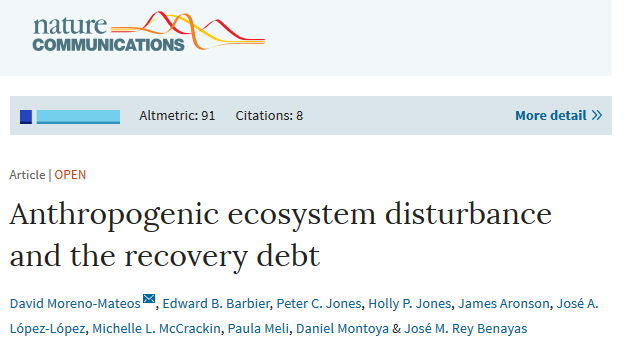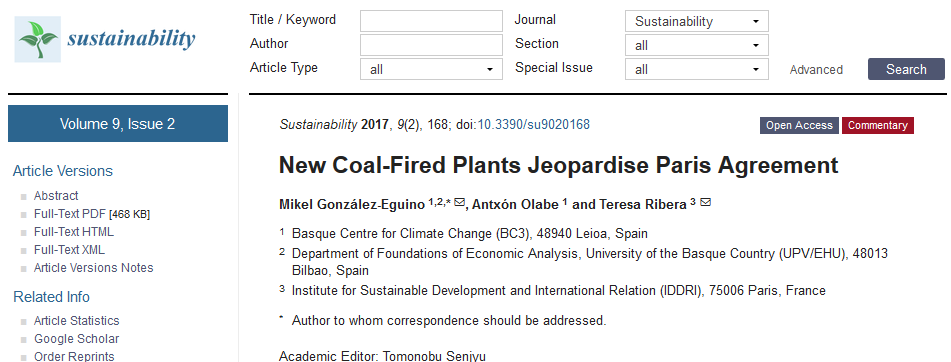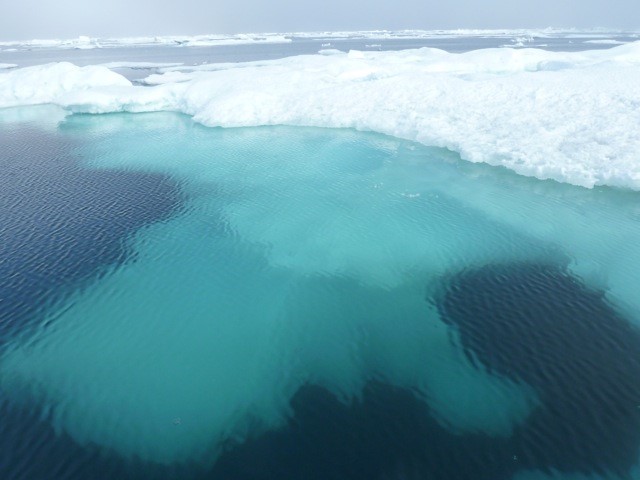Upcoming events
Empowering Communities: Insights from Dr. Nfamara K. Dampha’s Journey in Natural Capital and Climate Resilience
April 25, 2024 @ 3:00 pm - 4:00 pm
Subscribe to our mailing list
Dissemination
Designed to disseminate and disclose rigorous information on climate change.
Training and Capacity Building
Activities to “bridge knowledge” in terms of scientific advancements.
Science Education and Public Awareness
Raising awareness of Climate Change at Basque Country Scale
- Science Education
- Public awareness
- · News





